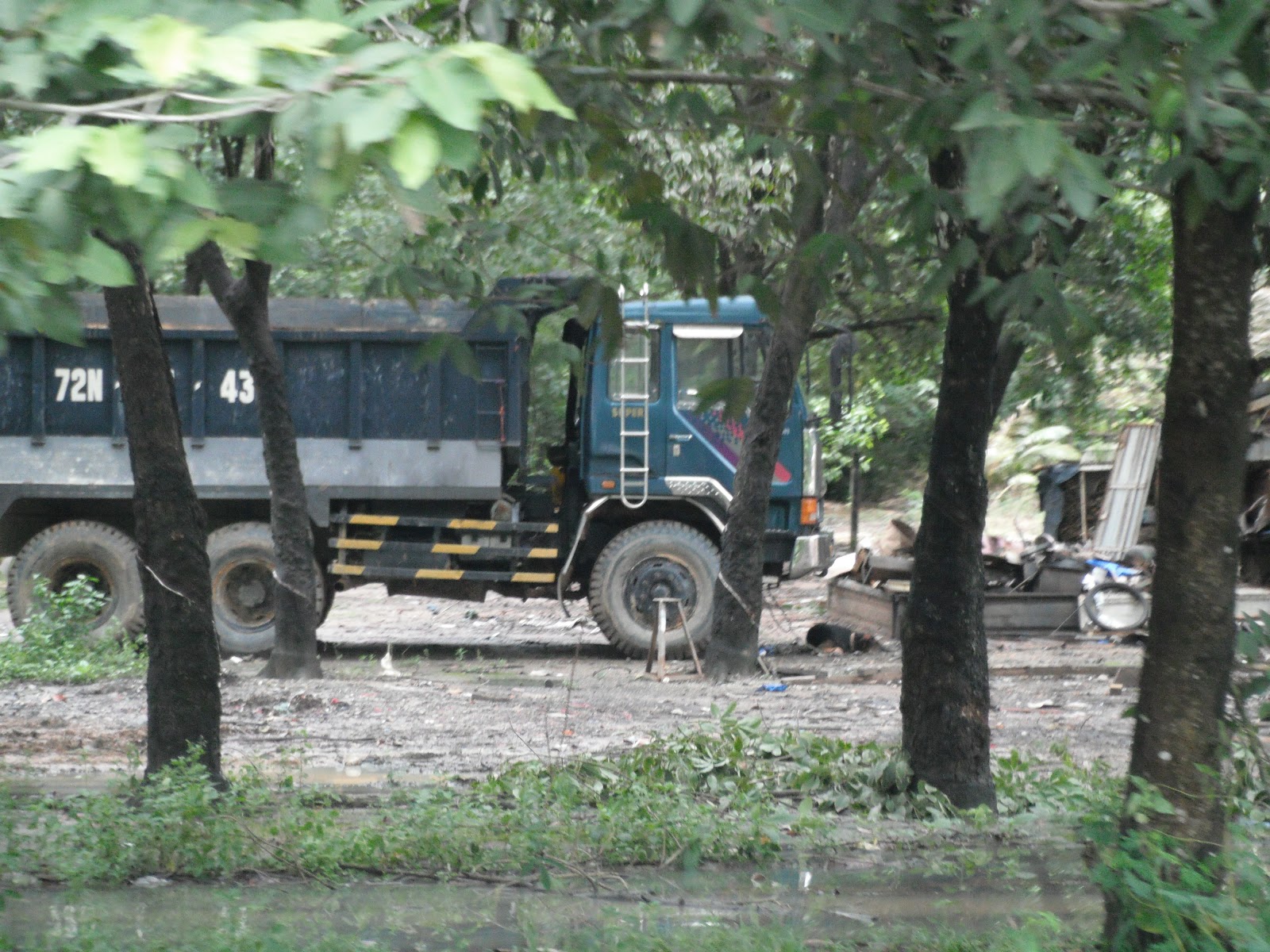Across the world, there’s quite a number of children born with varying forms of disabilities. Just like their adult counterparts, children, too, do suffer from all sorts of physical disabilities.
These include physical disability, mental, visual disability as well as other forms of disability. Some children may be born with a disability while others may acquire a disability early in their childhood years.
Dealing with disabilities in children is much harder than with adults as children have a much harder time expressing themselves and in some instances it may be years before a disability of one form or other, is discovered or diagnosed. Fortunately, advances in modern medicine and technology have made it much easier for disabilities to be diagnosed.
In today’s world there are plenty of resources, programs, funding, support networks and groups and organizations that focus on children with disabilities. Their main aim is to provide support, in one way or other, to those who work, care for and provide for children with disability.
Teachers and carers of children with disabilities should have special training and knowledge regarding the type of training as well as activities that these children can engage in. not all kids with disabilities are the same. Some suffer from deficiency disorders while others may have some form of mental disorder or other. It is important not to show the children that they are being ridiculed or pitted unfairly against able-bodied children.
Disabled kids need enough space and time to engage in fun, play, games, sports and other events outside the classroom. Important activities that disabled kids can engage in include playing various sports. However, not all kids are the same. Some may have limited mobility while others may be handicapped in various other ways. Taking note of this fact and organizing the children accordingly goes a long way in getting them to participate in the sporting activity.
Another useful activity that the disabled kids can engage in is camping and scouting. Lessons learnt from joining clubs and organizations such as the scouts will greatly enhance learning and provides a wholesome experience. Camping also allows the children to love, appreciate and preserve nature.

















